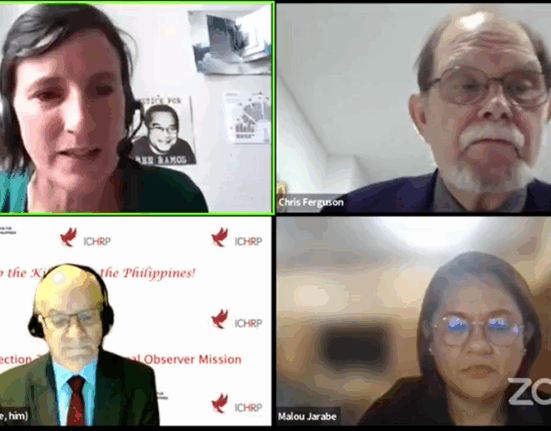Peter Dutton, the face of the Coalition, made it crystal clear during a campaign trail press conference that they have no intention to repeal the significant
“same job, same pay”
legislation put in place by the Labor party. This decision comes despite mounting pressure from mining companies urging for a reversal of the wage protections.
The industrial relations landscape has been buzzing with debate and speculation surrounding this hot-button issue. The reforms were part of an overarching plan to tighten employment regulations and ensure that labor hire workers receive equal compensation compared to their full-time counterparts across various sectors like retail, meat processing, and mining.
While big players in the mining sector have vehemently opposed these changes, a recent report has shed light on some unexpected outcomes. Released findings indicate that since the implementation of these laws, wages for workers in retail, meat processing plants, and mines have seen a noticeable increase. This revelation has added a new layer of complexity to an already contentious topic.
In response to queries about potentially reversing these reforms, Dutton stood firm on their decision not to backtrack. Despite acknowledging the challenges faced by certain companies due to these regulations amid strong union influences in the industry, he emphasized their commitment to maintaining the status quo.
“We’re not going to,”
Dutton affirmed while on a visit to a mining equipment workshop in Perth. He recognized the concerns raised by companies seeking reforms but reinforced their unwavering stance.
“We’ve made our position clear,”
he added cryptically before hinting at forthcoming plans aimed at stimulating economic growth throughout the election campaign.
One particular report released by The McKell Institute painted an intriguing picture regarding wage increases resulting from these policies within the mining sector. It highlighted substantial pay rises for thousands of workers and projected significant economic benefits if such policies were further enforced.
Murray Watt, Australia’s workplace relations minister under Labor’s administration, was quick to respond following Dutton’s declaration against repealing these laws. Watt underscored how vital closing this loophole had been as part of broader efforts to revitalize stagnant wage growth—a move now jeopardized by potential opposition from Dutton and his Coalition colleagues.
As tensions escalate between political factions over this issue, both sides continue to trade barbs and accusations regarding their respective stances on industrial relations reform. The stark divide is evident as each camp strives to sway public opinion in their favor amidst ongoing debates about economic implications and workforce dynamics shaped by such legislation.
Dutton’s determination was put further under scrutiny during subsequent interactions with reporters where he reiterated his party’s stand against rescinding these laws even amidst criticisms from opponents questioning its practicality and long-term effects on industries reliant on flexible labor arrangements.
The unfolding drama surrounding Labor’s landmark legislation underscores deeper ideological clashes within Australian politics regarding worker rights versus business interests—a gripping narrative playing out against a backdrop of economic uncertainties and shifting power dynamics across key industries nationwide.









Leave feedback about this